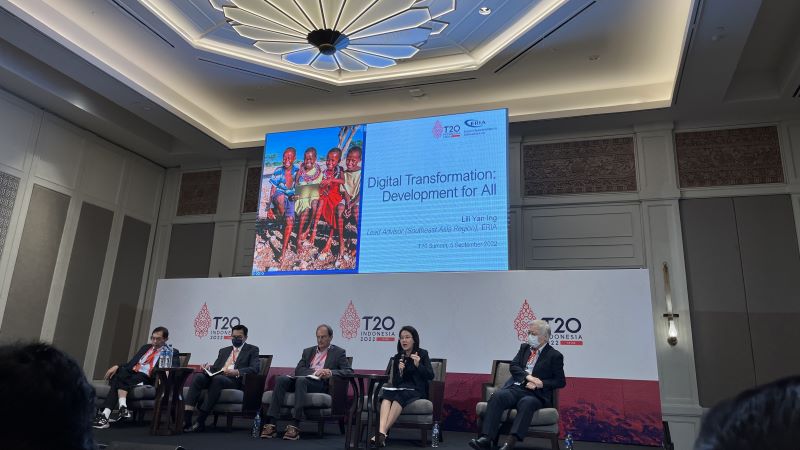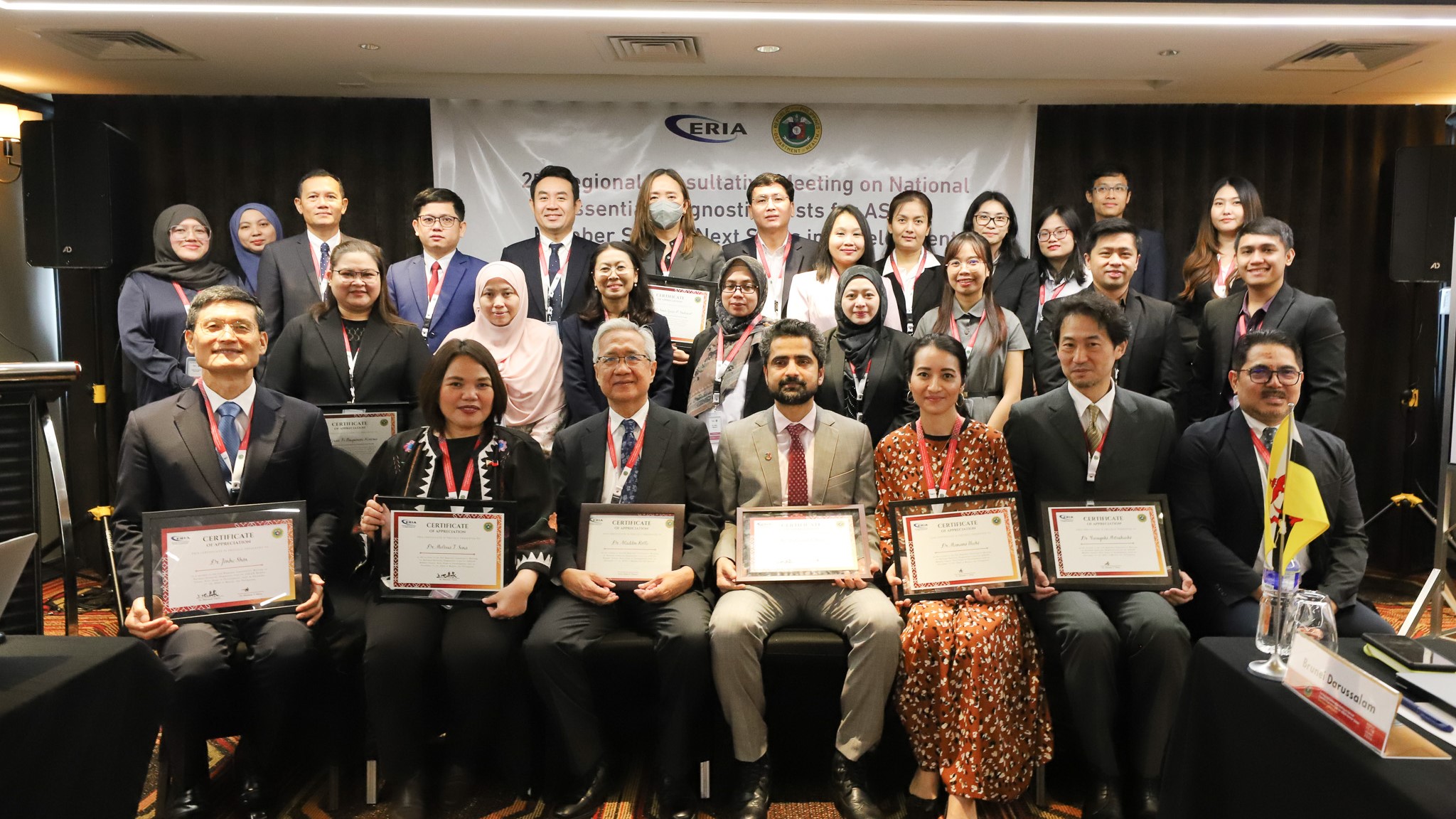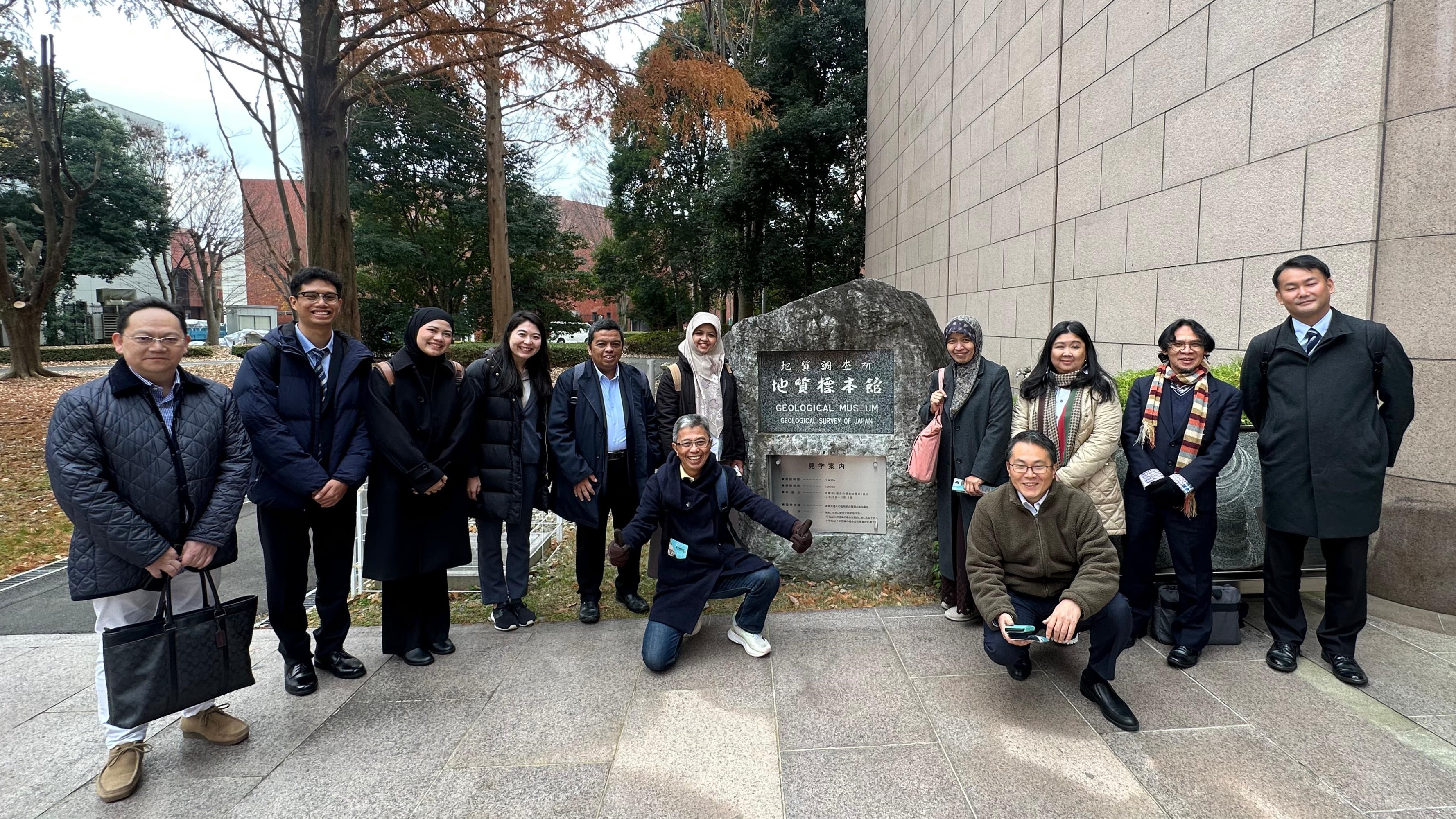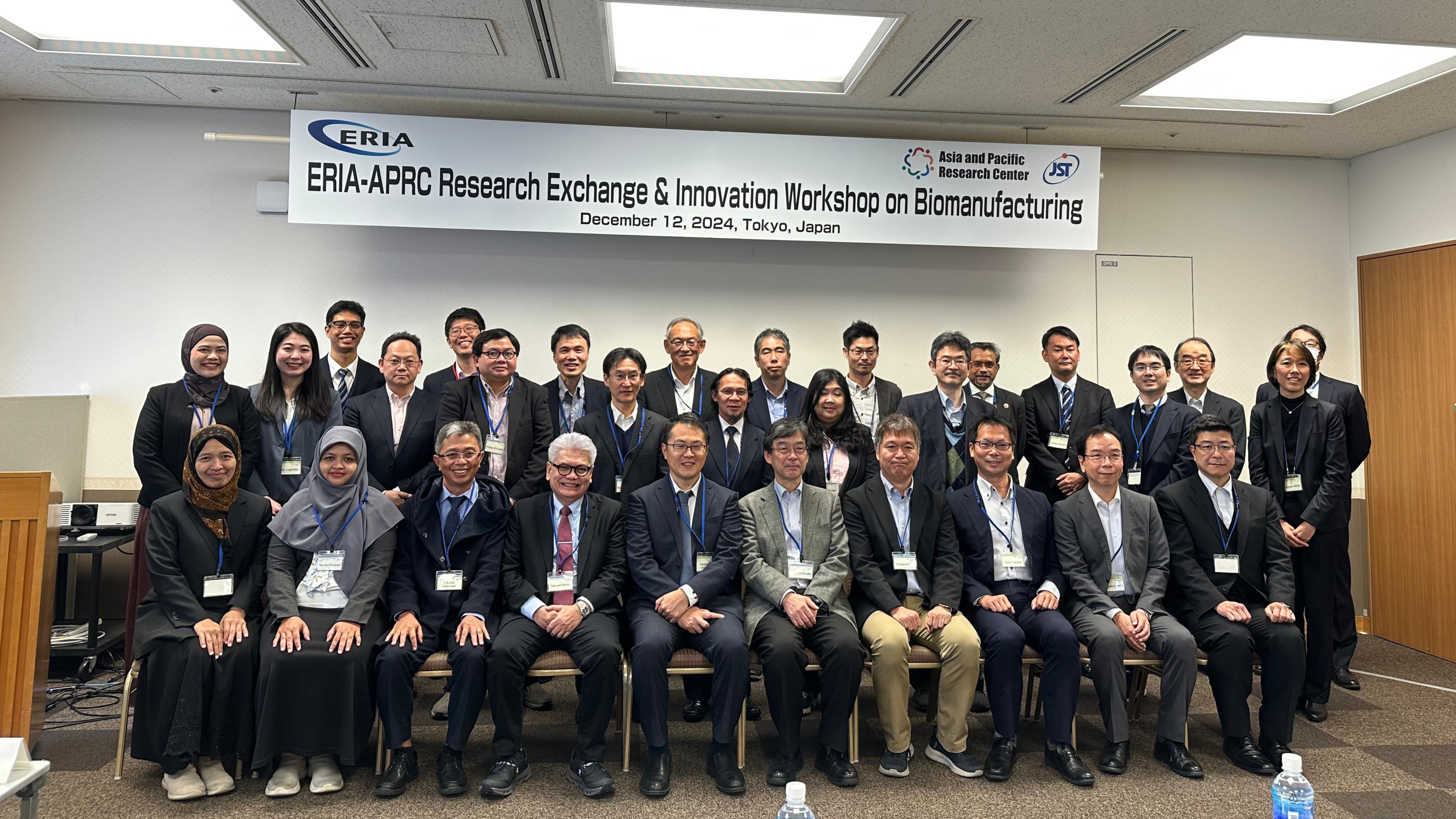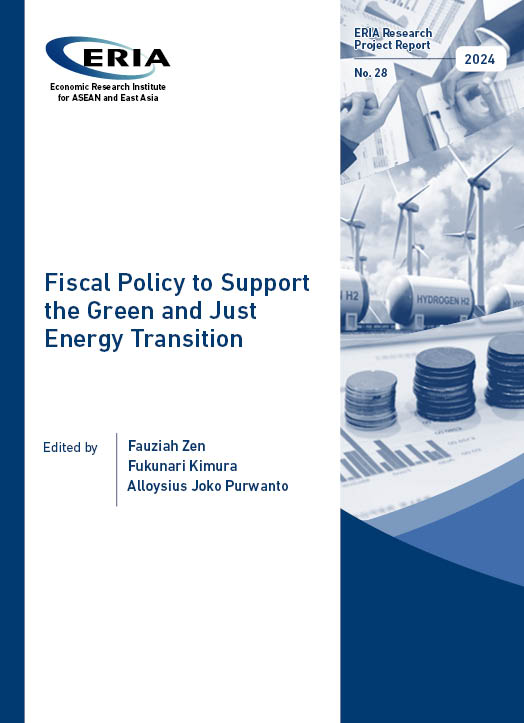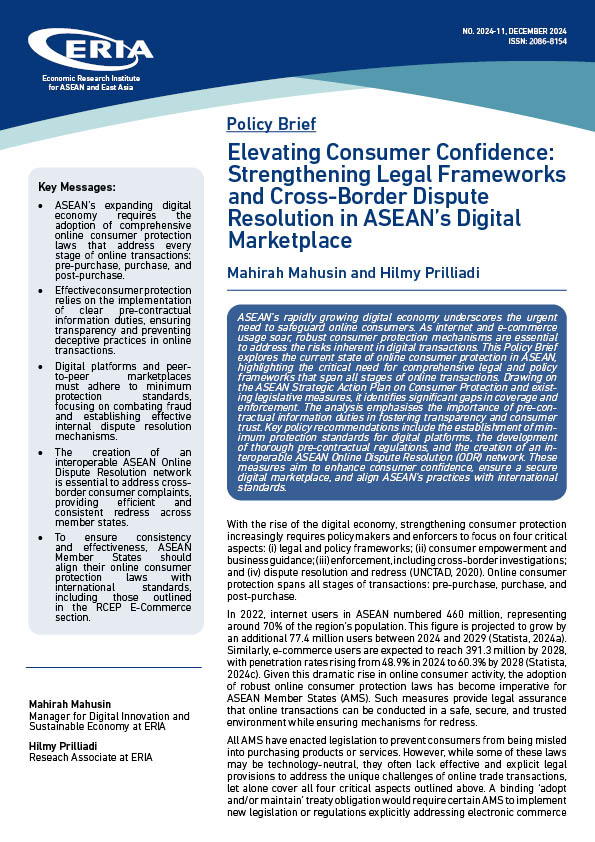T20 Summit: G20 should aim for Digital Transformation: Development for All
Date:
5 September 2022Category:
-Topics:
-Share Article:
Print Article:
Bali, 5 September 2022: The Economic Research Institute for ASEAN and East Asia (ERIA) co-hosted the Think20 (T20) Summit on ‘Digital Transformation: Development for All’ on 5 September 2022 at Hilton Bali Resort, Nusa Dua, Bali. Dr Lili Yan Ing, ERIA’s Lead Advisor for Southeast Asia Region participated in the T20 panel discussion session chaired by Prof Suhono Harso Supangkat, Task Force 2 Lead Co-Chair, themed ‘Leveraging Digital Transformation and Smartization to Improve Quality of Life’ along with Prof Dennis J. Snower, President of Global Solutions Initiative, Dr Mansi Kedia, Research Fellow at ICRIER, and Prof Toshio Obi, Co-Chair of Task Force 2 T20 Indonesia.
Over the past two millennia, technological advancements have produced notable increases in life quality. However, the benefits of new technology are not always distributed equally. Inequality in wealth and income has increased recently. Nearly half of the world's wealth was held by the richest 1% of people as of 2020. Could there be a link between economic and wealth inequality and technological advancement? In addition to concerns about inequality and the possibly adverse effects of new digital technologies in the least skilled, we face several key challenges in digital transformation (DX) and digital trade that relate to privacy, cybersecurity, competition, and digital divide.
During the T20 Summit, Dr Lili Yan Ing, ERIA’s Lead Advisor for Southeast Asia Region highlighted the phenomenon where industrial robots, automation, and AI have increased productivity and lowered production costs for many goods. Despite the great potential offered by the new technologies, there are currently no comprehensive multilateral frameworks or principles for the conduct of innovations, business operations and digital trade in goods and services or for dealing with privacy, cybersecurity, competition, and digital divide.
As policy recommendations, Dr Ing addressed four important dimensions of the challenges posed by DX that the G20 might seek to address during Indonesia’s presidency of the group: first, the G20 needs to implement what it has already committed to in the fields of industrial robots, automation, and AI; second, G20 members should cooperate to promote incentives for technological adoption by developing countries to reduce the adoption cost of industrial robots, automation, and AI for businesses and to make these technologies commercially viable; third, the G20 should improve the quality of key digital enablers for the adoption of industrial robots, automation and AI; and finally, the work of implementing and adapting to the massive changes that go along with DX falls on human capital. The G20 should continue to promote efforts to improve preparedness for digital and AI technologies, both amongst the workforce and firms (especially MSMEs, women, and youth) to reduce the digital divide and to promote more inclusive digital participation. Therefore, it is crucial for the G20 to further facilitate partnership between the private and public sectors to raise the pool of funds that can be used to reduce digital gaps and improve digital skills worldwide to ensure ‘development for all’.
